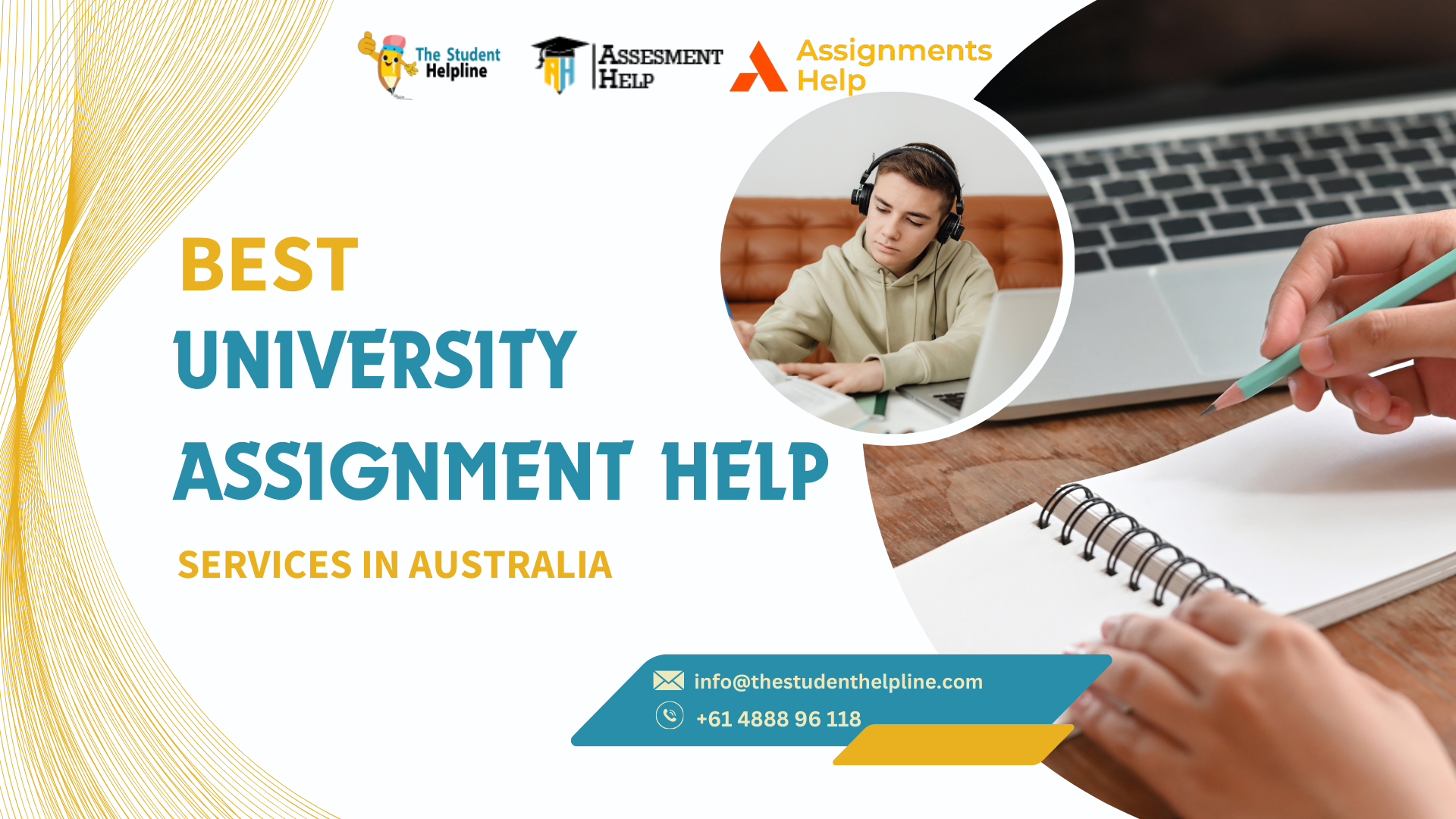In today’s fast-paced academic environment, students in Australia often find themselves grappling with a myriad of challenges when it comes to completing their assignments. The pressure to excel, coupled with time constraints and the complexity of coursework, has led to an increasing demand for reliable assignment help services. In this article, we delve into the importance of these services and explore what sets the best assignment help services apart in Australia.
Understanding the Need for Assignment Help Services:
Students across the UK face a multitude of challenges that hinder their ability to complete assignments effectively. Academic pressure looms large, with stringent grading criteria and high expectations from professors adding to the stress. Time constraints further exacerbate the situation, as students juggle multiple commitments such as part-time jobs, extracurricular activities, and personal responsibilities.
Language barriers present yet another obstacle, particularly for international students who may not have English as their first language. The nuances of academic writing can be daunting, leading to difficulties in articulating thoughts and ideas effectively. Moreover, the complexity of topics covered in coursework often leaves students feeling overwhelmed and unsure of where to begin.
Characteristics of the Best Assignment Help Service:
So, what sets the best assignment help services apart from the rest? Here are some key qualities to look out for:
- Expertise of Writers: The hallmark of a top-notch assignment help service lies in its team of writers. Look for services that boast a roster of experienced professionals with expertise in various subject areas. These writers should possess advanced degrees and a proven track record of delivering high-quality assignments.
- Reliability: Timeliness is crucial when it comes to assignment submissions. The best services pride themselves on their reliability, ensuring that assignments are delivered well before the deadline. This allows students ample time to review the work and request revisions if necessary.
- Affordability: While quality should never be compromised, affordability is also a key consideration for students. The best assignment help services offer competitive pricing without sacrificing the quality of their work. Look for services that provide transparent pricing structures with no hidden fees.
- Timely Delivery: Meeting deadlines is paramount in academia, and the best assignment help services understand this. They prioritize timely delivery, ensuring that assignments are completed and submitted according to the specified deadline. This reliability instills confidence in students and alleviates the stress associated with last-minute submissions.
- Plagiarism-Free Content: Academic integrity is non-negotiable, and the best assignment help services adhere to strict plagiarism policies. They produce original, custom-written content that is free from any form of plagiarism. This ensures that students receive assignments that are entirely their own work, thereby upholding academic honesty.
- Customer Support: Effective communication is essential throughout the assignment process, and the best services offer exceptional customer support. Whether it’s addressing queries, providing updates on the progress of assignments, or resolving any issues that may arise, responsive customer support ensures a seamless experience for students.
By prioritizing these qualities, students can identify the best assignment help services that meet their needs and provide the support necessary for academic success.
In conclusion, the demand for reliable assignment help services in Australia continues to rise as students grapple with various challenges in the academic landscape. The best assignment help services stand out by offering expertise, reliability, affordability, timely delivery, plagiarism-free content, and excellent customer support. By choosing wisely, students can navigate the complexities of academia with confidence and achieve their academic goals.



